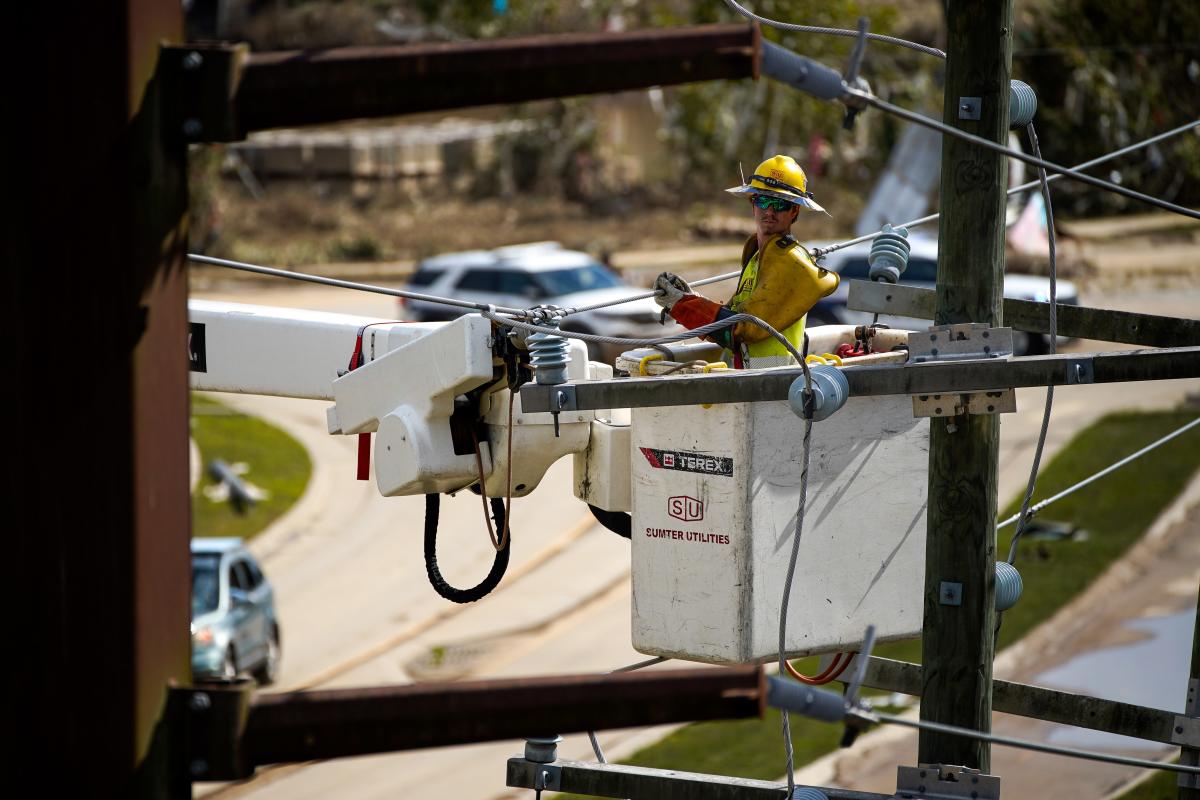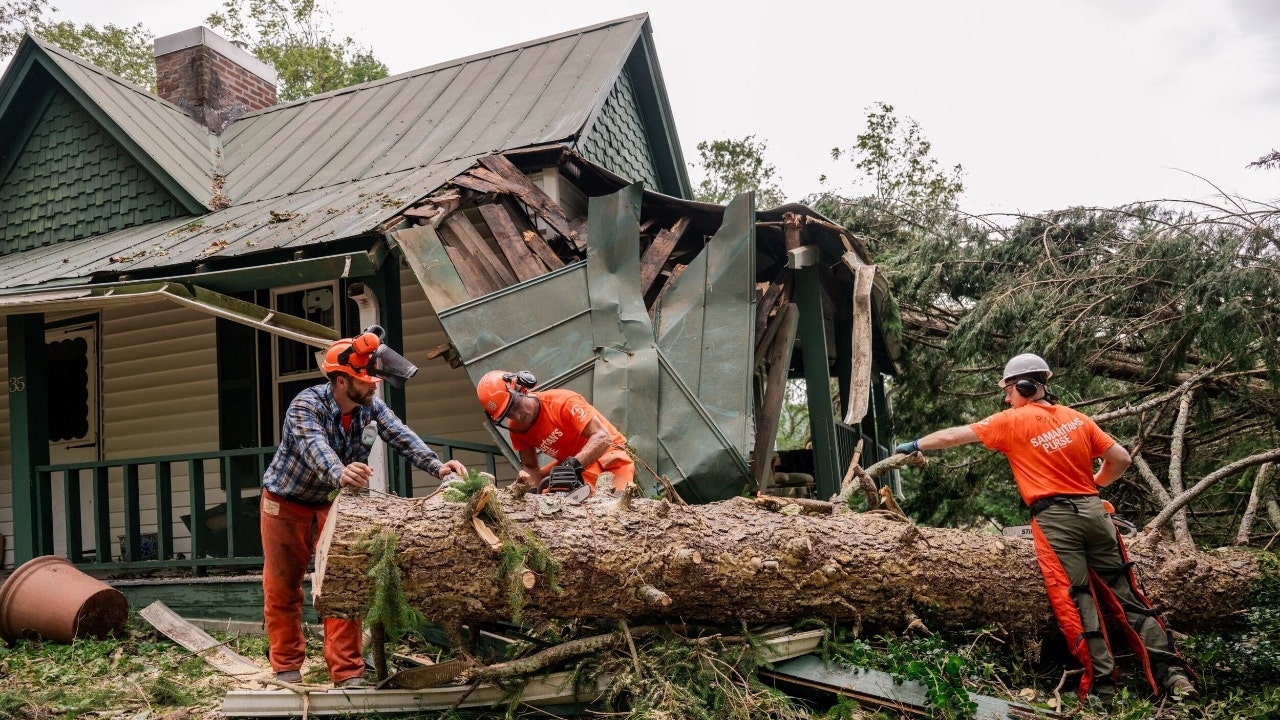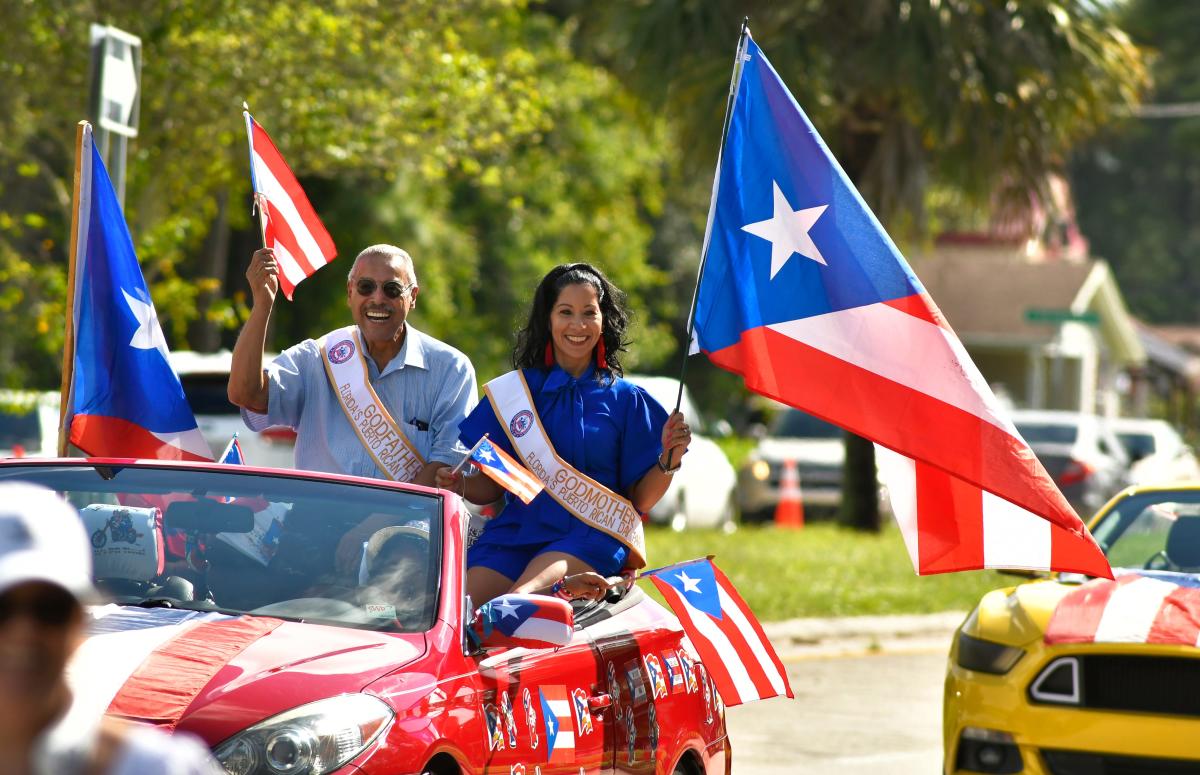A few years ago, Long Vue attended a salmon run — an annual event when salmon migrate to rivers in order to spawn — because he thought it would be fascinating to see so many fish swimming upstream.
As Vue realized that most of the salmon died after the run, he worried that all those fish went to waste. When he asked, he learned that some would go to food pantries, some would be thrown away, and the rest would be used as fertilizer. Vue, who is the executive director of Appleton-based nonprofit Northeast Wisconsin Hmong Professionals, was told that if he wanted to give the fish to some of the Hmong elders served by his nonprofit — many of whom don’t have access to the fresh fish and produce that are so important to their culture — he would need the backing of an established food insecurity organization.
Raul Romo is a community engagement coordinator at the Medical College of Wisconsin Cancer Center. For several years, he worked as a medical interpreter for Spanish-speaking patients, where he learned that many people going through cancer treatment also deal with food insecurity. He wanted to bring attention to the problem so there would be a streamlined way to screen cancer patients for food insecurity and provide them with resources, food pantries near their homes and even food prescriptions from their doctors.
Both these ideas fit perfectly with the mission of Feeding America Eastern Wisconsin’s Food Leaders Lab, a program to combat hunger that started in 2022 in Milwaukee and Appleton. Through the program, community members who have ideas to address food insecurity attend seven monthly sessions organized by Feeding America where they explain their ideas, tailor them to something achievable, are mentored by subject-area experts, and come away from the program with a fully developed campaign and a network of people who can help them implement their idea.
Matt Stienstra, the organization’s director of strategic partnerships and programs, said the lab works to mine the talents and ideas of a group of people who weren’t getting enough attention in the fight against food insecurity.
“It became clear that there’s a ton of incredibly smart people who know how to source food and get it to food pantries, and there’s national organizations that do a great job thinking about how policies impact hunger and food insecurity,” Stienstra said. “But there are also a ton of people in the community who have lived experience with hunger and food insecurity, either through having gone through it themselves or working with people who do.
“These are the people who are going to know how to fix it.”

‘No idea is too small’
Romo said a key lesson he learned through the Food Leaders Lab is that “no idea is too small.”
In fact, in a lot of ways, according to both Romo and Stienstra, smaller ideas are better; often, the problem of hunger can seem so big as to be too overwhelming to solve. But it’s the components of hunger, the smaller communities that experience it, the specific ways in which they experience it, that can seem easier to tackle with discrete solutions.
Imani Raiyne creates displays out of fruit for parties and events in the Milwaukee area. She also leads fruit art workshops in schools. While running an after-school workshop at an MPS school one day, she watched as a few kids threw away the oranges and apples they were given for a snack by school staff, then walked over to her table and created art from apples and oranges — which they were then happy to eat.
Realizing that kids are more likely to eat food that’s fun, the Fruitz Lady — as she’s known by both students and clients — joined the Food Leaders Lab and implemented another idea to make healthy food more attractive by creating fun TikTok-like videos with the kids.


“When they come to us in that first week with their ideas, what we do is help narrow the focus and to pick a problem that they can actually solve,” Stienstra said. “We let them know about existing programs that might be available to them, then each month we work on helping them put together a realistic campaign with the tools and partners to actually solve the problems they identified in the first week.”
Stienstra said that in the most recent cohort, there was an ambassador who had noticed that some schools weren’t taking advantage of federal funds for a school breakfast program; Feeding America brought in a nutrition director to explain how school budgets work so the ambassador could “speak the language” in their proposal. Another ambassador was concerned that funding for low-income people to buy produce at farmers markets wasn’t reliably available each year; through the Food Leaders Lab, they met mentors with fundraising experience to teach them to seek out sustainable funding sources.
During his time with the Food Leaders Lab, Vue had conversations with people at the DNR who explained everything that goes into making sure the salmon that were part of the run were safe to eat; Vue also learned how much money would have to be raised to get the salmon processed.
“I learned that the DNR needed to feel comfortable with the group that they would be giving the fish to,” Vue said. “They were comfortable giving it to Feeding America, and through them, we can get some of the salmon to the members of the Hmong community.”
In addition to sharing information the ambassadors need to implement their ideas, the presenters and mentors at Food Leaders Lab workshops also help the ambassadors develop their campaigns and put together presentations they can give to potential funders and partners.


Romo, who’s part of the Milwaukee cohort of ambassadors that just graduated from the Food Leaders Lab, said the members of the group recently presented their projects to each other.
“Part of my presentation is explaining that food insecurity doesn’t discriminate, and cancer doesn’t discriminate, either. I asked them to imagine fighting the battle of your life against cancer on an empty stomach or malnourished system,” Romo said. “I learned how impactful it is to present something you’re knowledgeable about because you have the facts and the data and you can present that through your experience and connect with people through those emotions.”
‘A problem-solving program’
Some ambassadors are able to get funding and implement their programs during their time at the lab, or soon after. Others come away with a campaign to present to possible funders, plus a new network of people who are as dedicated to solving hunger as they are.
Still others have been able to get their projects funded through the federally funded Supplemental Nutrition Assistance Program – Education (SNAP-Ed). For example, Vue — who has established gardening programs for Hmong elders through Northeast Wisconsin Hmong Professionals — has been working on a new project through SNAP-Ed to research foraging regulations and permissions as an additional way for Hmong elders to have access to the food that is culturally important to them.


According to Stienstra, many of the Food Leaders Lab graduates are similar to Vue in that they have lots of ideas to solve the problems they see in their communities, and that the people they meet and skills they gain in the lab put them in a good position to continue to advocate for their communities.
“We don’t dictate the types of issues the leaders should be looking for or the problems they should be solving,” Stienstra said. “The big picture is that when leaders see problems in their communities a year from now or whatever, they can use the tools they learned in Leaders Lab to build a campaign.
“We view Food Leaders Lab as a problem-solving program.”
More information: For more information, or to apply for the next Food Leaders Lab cohort, visit feedingamericawi.org/get-involved/lab/.


Want to help? How to donate to Stock the Shelves
During October, USA TODAY NETWORK-Wisconsin newspapers and Feeding America Eastern Wisconsin are working together to raise enough money from readers and donors to provide 750,000 meals to Wisconsin families through the annual Stock the Shelves campaign. Each dollar donated equals about four meals, or $10 in food.
The campaign will support communities served by the following newspapers: Milwaukee Journal Sentinel, Green Bay Press-Gazette, Appleton Post Crescent, Manitowoc Herald Times Reporter, Oshkosh Northwestern, Fond du Lac Reporter, Sheboygan Press, Wausau Daily Herald, Wisconsin Rapids Daily Tribune, Marshfield News-Herald, Stevens Point Journal, Door County Advocate and Oconto County Reporter.
Donations will help support people in the same community where the donor lives.
To donate online, visit feedingamericawi.org/stocktheshelvesdonate.
To donate by mail, checks made payable to Feeding American Eastern Wisconsin, ATTN: Stock the Shelves, should be sent to 2911 W. Evergreen Drive, Appleton WI 54913.
Enclose with your contribution the donor’s address with city, state and ZIP code for internal processing, a notation of whether the donation should remain anonymous, whether the donation is in the memory of someone special. Also list the donor’s name, as it should appear in a thank-you advertisement to be published in the Thanksgiving editions of USA TODAY NETWORK-Wisconsin’s daily newspapers.
For a list of pantries supported by Feeding America Eastern Wisconsin, visit feedingamericawi.org/find-help.
This article originally appeared on Milwaukee Journal Sentinel: Feeding America Eastern Wisconsin Food Leaders Lab solves problems















